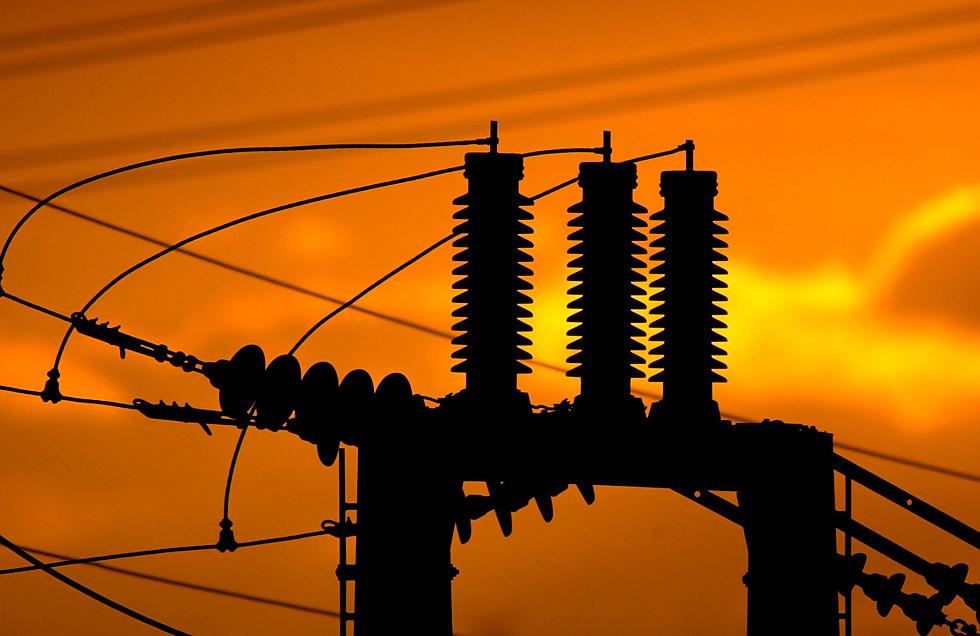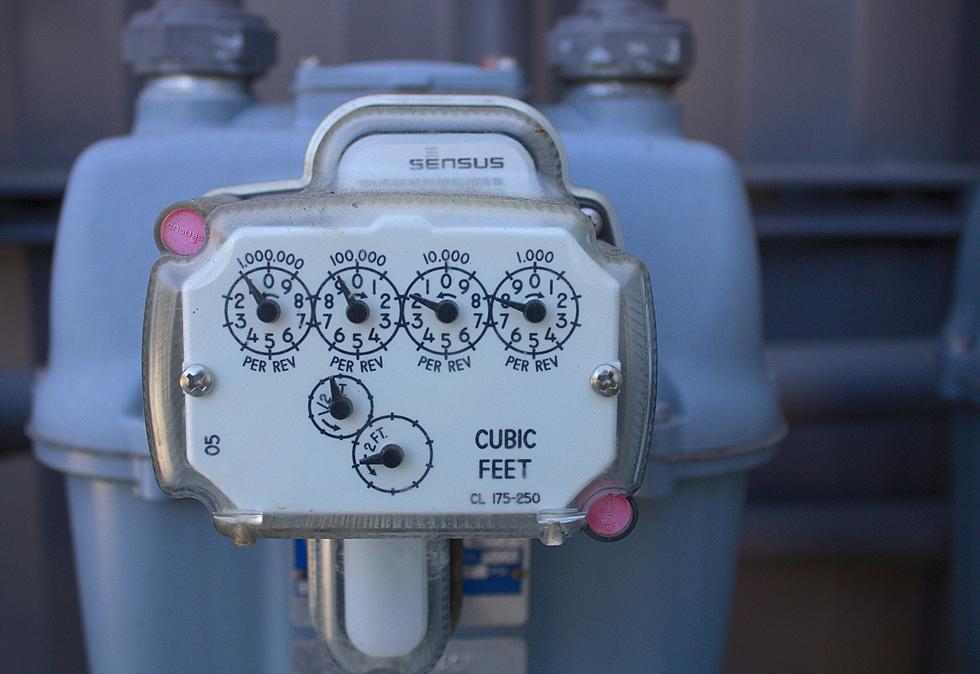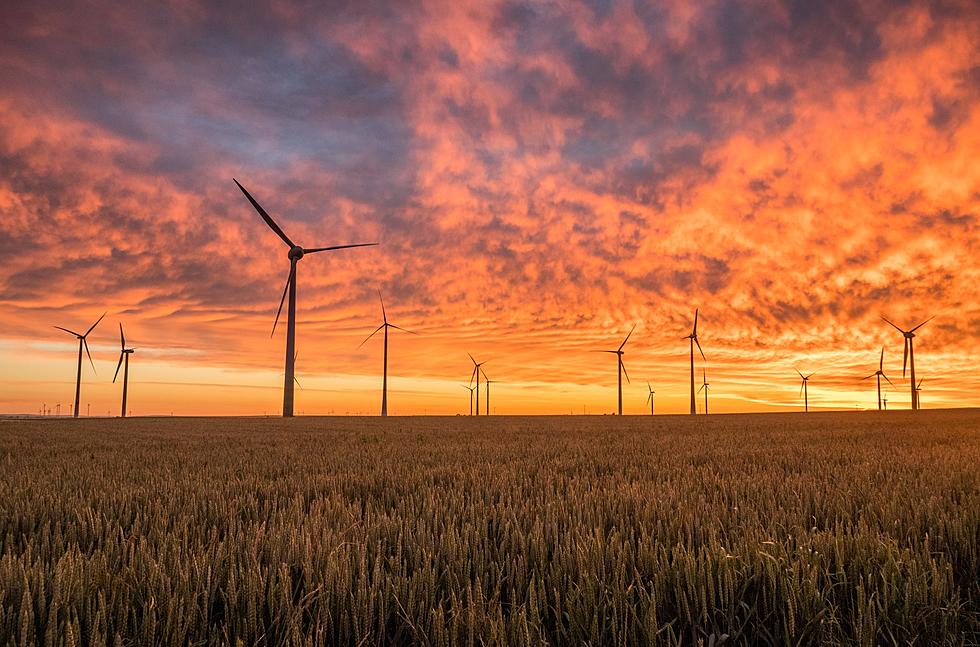
Michigan’s Consumer Energy Analyst: More Renewables Less Reliable Energy
This testimony comes as no surprise to the people who use common sense. If you rely on renewables too much you will end up with an unreliable energy source, see California and their rolling brownouts. That is exactly what a Consumers Energy Analyst just testified to in writing to the Michigan Public Service Commission last week.
The Michigan Capitol Confidential news site just reported about this testimony. An engineering analyst for Consumer’s Energy, Sara T. Walz, submitted her testimony to the Michigan Public Service Commission. Her testimony centered on Consumer Energy's future outlined in what they call their “integrated resource plan”. Detailed in that Integrated Resource Plan, they state they would replace “most electricity generated by coal, gas and nuclear plants with intermittent renewable sources, including wind and solar”. They then go on to inform us they would “stop using more reliable conventional energy sources by 2040”.
Ms. Walz stated:
“The results of the electric supply reliability studies show that dependence on so many intermittent sources of generation results in significant periods of time for which the potential loss of load may occur”
The term “loss of load” is an “industry term for when a company cannot produce enough electricity to meet customer demands”.
If so why do they appear, via her words and plan, to attempt to be rushing to this “loss of load”?
Regarding the public testimony by Ms. Walz, the director of environmental policy at Mackinac Center for Public Policy, Jason Hayes, wrote:
“They’re admitting that closing reliable energy sources, like coal and nuclear – which they plan to do by 2025 – and building solar will ensure customer demand regularly pushes their fragile, renewable-heavy system to the brink of failure.”
We must be very careful when we see our public utility companies like Consumers Energy become too woke for our energy security. Demand that your elected politicians at every level stop threatening our energy lifeline. A lifeline that will not only endanger us personally but also our economy.
LOOK: Route 66’s quirkiest and most wonderful attractions state by state
More From WBCKFM









